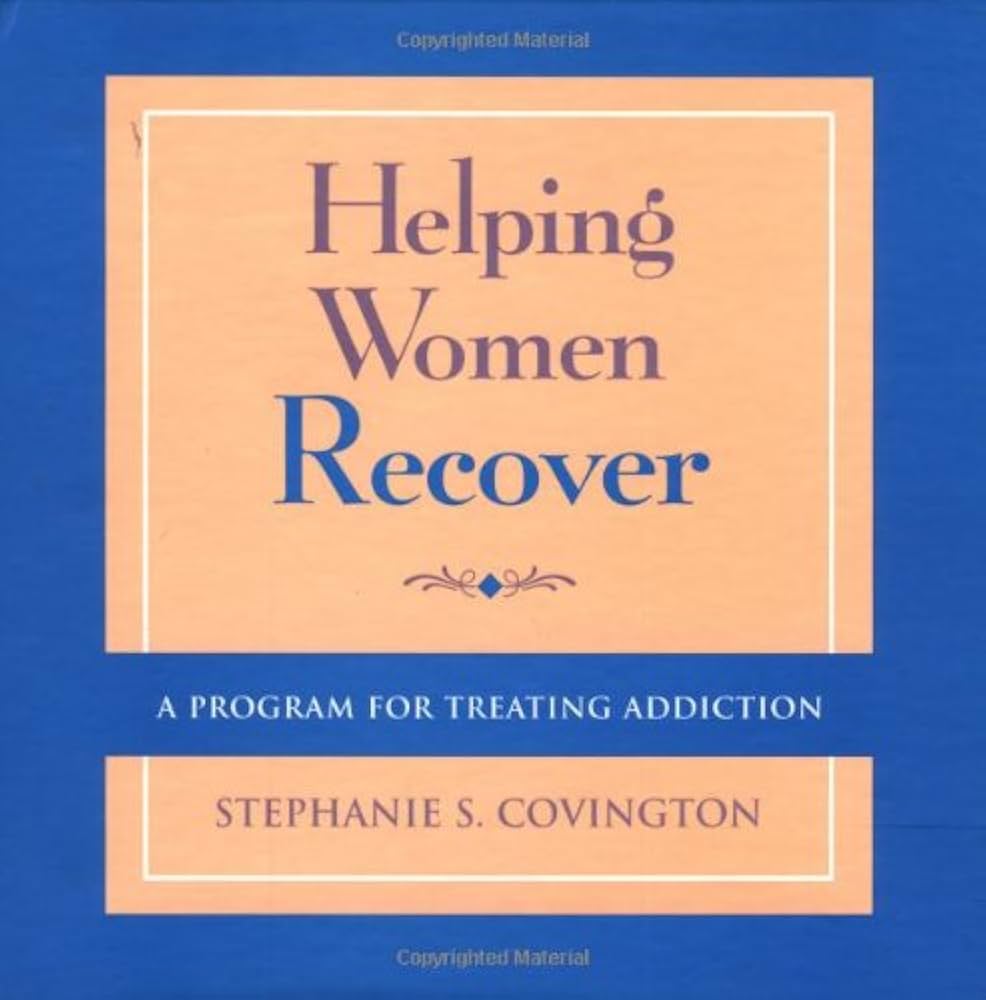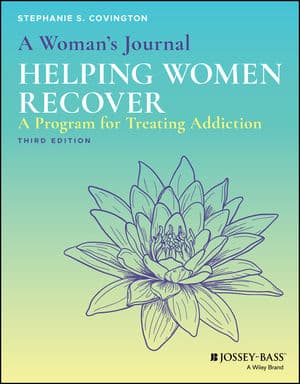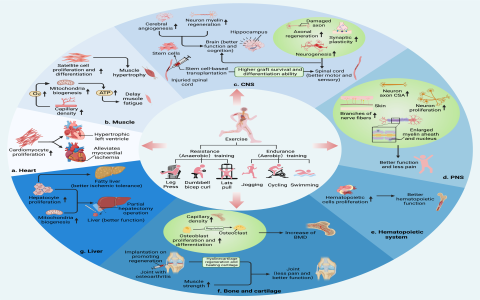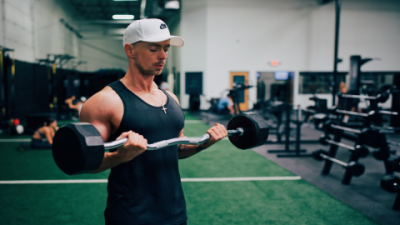Recovery isn’t just about quitting something or fixing a physical problem—it’s a whole journey, especially for women. It’s messy, complicated, and deeply personal. Women often face a lot more than just the surface issues; there’s emotional pain, trauma, social pressures, and sometimes even spiritual struggles tangled up in the process. This guide is meant to walk you through what really helps women heal and find strength again, not just survive but truly renew themselves.
First off, it’s important to understand that women’s paths to recovery are quite different from men’s. It’s not just biology, but the whole life experience that shapes this. For example, many women who struggle with addiction or mental health problems have faced trauma—sometimes a lot of it. Studies show that anywhere from 55% to almost all women in recovery have some history of abuse or trauma. That’s huge. And trauma isn’t just a past event; it affects how they think, feel, and even how their bodies react. So, recovery has to address that, or it’s like trying to put a band-aid on a deep wound.
On top of that, women often juggle roles that add stress—being a mom, a caretaker, a worker—and sometimes society judges them harshly for their struggles. This stigma can make it really hard to ask for help. Plus, mental health issues like anxiety or depression often come hand-in-hand with addiction, making the whole situation even more complex.

One approach that’s been a game-changer is trauma-informed care. It’s basically a way of treating women that says, “Hey, we get that you’ve been through some really tough stuff, and that’s okay. We’re here to help you heal, not judge you.” This kind of care helps women understand their trauma, learn how to handle the emotional ups and downs, and start to heal on every level—mind, body, and spirit. There are programs specifically designed for this, like Helping Women Recover, which focus on things like emotional awareness, healthy relationships, and even spirituality. It’s not just about stopping addiction; it’s about building a new life.
Empowerment is another big piece of the puzzle. Recovery programs that help women find their voice, make decisions, and feel confident tend to work better. Women-only groups create a safe space where they can open up without fear. They can share their stories, learn from each other, and support one another. This kind of environment builds real strength and helps women take control of their lives again.
Emotional support can’t be overstated either. Whether it’s from family, friends, therapists, or peers, having someone who listens and understands makes a huge difference. Emotional support lowers stress, helps with mental health, and encourages women to stick with their recovery plans. It’s like having a safety net when things get tough.
Many women also deal with what’s called co-occurring disorders—that’s when addiction and mental health issues like depression or PTSD happen together. Treating one without the other usually doesn’t work well. That’s why integrated care, where both problems are addressed at the same time, is so important. It’s a more compassionate, realistic way to help women heal fully.
So, what does recovery actually look like for women? It’s a process, not a quick fix. It starts with recognizing the need for help, which can be scary and hard. Then, building a support system—people who really get it and won’t judge. Next, diving into trauma-informed therapy to face those painful memories safely. Joining women-centered programs helps too, because they’re designed with women’s unique needs in mind. Learning healthy ways to cope, like mindfulness or meditation, can calm the mind and body. And for many, reconnecting with spirituality or something bigger than themselves gives meaning and hope. Finally, aftercare is crucial—recovery isn’t over when treatment ends; ongoing support keeps women on track and helps prevent relapse.
Here’s a quick look at some common challenges women face and how support can help:
| Challenge | Support Strategy | Expected Outcome |
|---|---|---|
| History of trauma | Trauma-informed therapy and education | Emotional healing, reduced PTSD symptoms |
| Co-occurring mental health issues | Dual diagnosis treatment | Better mental health, lower relapse risk |
| Social stigma and isolation | Women-only support groups, peer networks | Increased self-esteem, sense of belonging |
| Childcare and caregiving demands | Flexible treatment schedules, childcare support | Improved treatment adherence |
| Emotional ups and downs | Mindfulness, emotional regulation training | Better coping skills, less stress |
| Lack of empowerment | Empowerment-based interventions | Greater autonomy, sustained recovery |
FAQs
Q: Why do women need recovery programs just for them?
A: Because women’s experiences with trauma, mental health, and social pressures are different from men’s. Programs designed for women create safer spaces and focus on what really matters to them, which helps a lot.
Q: How does trauma affect recovery?

A: Trauma can make recovery harder because it affects emotions and behavior. If it’s not addressed, women might relapse or struggle with feelings they don’t understand. Trauma-informed care helps by acknowledging this and teaching ways to heal.
Q: What about spirituality—is that really important?
A: For many women, yes. Spirituality can give a sense of purpose and connection that helps them get through tough times. It’s not about religion necessarily, but about finding meaning and hope.
Q: Can women really recover after severe trauma?
A: Absolutely. With the right support and care, many women come through stronger and more resilient. It’s not easy, but it’s definitely possible.
Q: How important is support after treatment?
A: Super important. Recovery doesn’t end when treatment does. Having ongoing support helps women stay on track and avoid falling back into old patterns.
At the end of the day, helping women recover is about more than just stopping addiction or fixing a problem. It’s about helping them reclaim their lives, their dignity, and their hope. When we look beyond the surface and offer care that truly understands their struggles and strengths, women can heal deeply and build a future filled with possibility.
This guide is meant to be a real, honest look at what recovery can be like for women—imperfect, challenging, but ultimately hopeful and empowering. Because every woman deserves a chance to heal and thrive.



